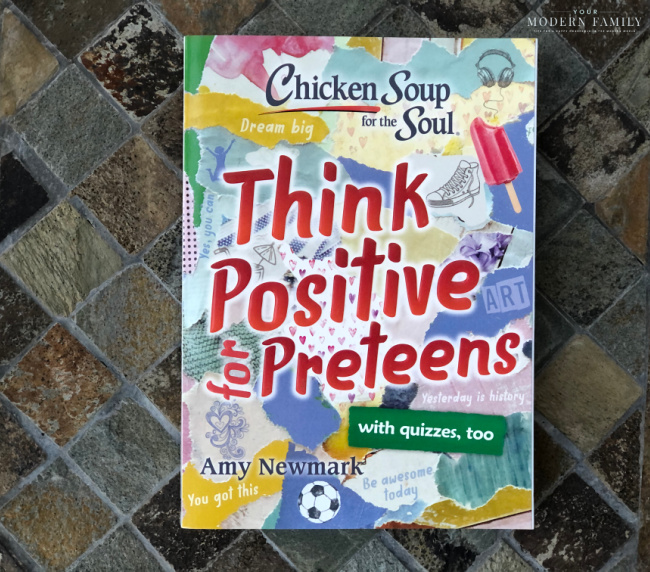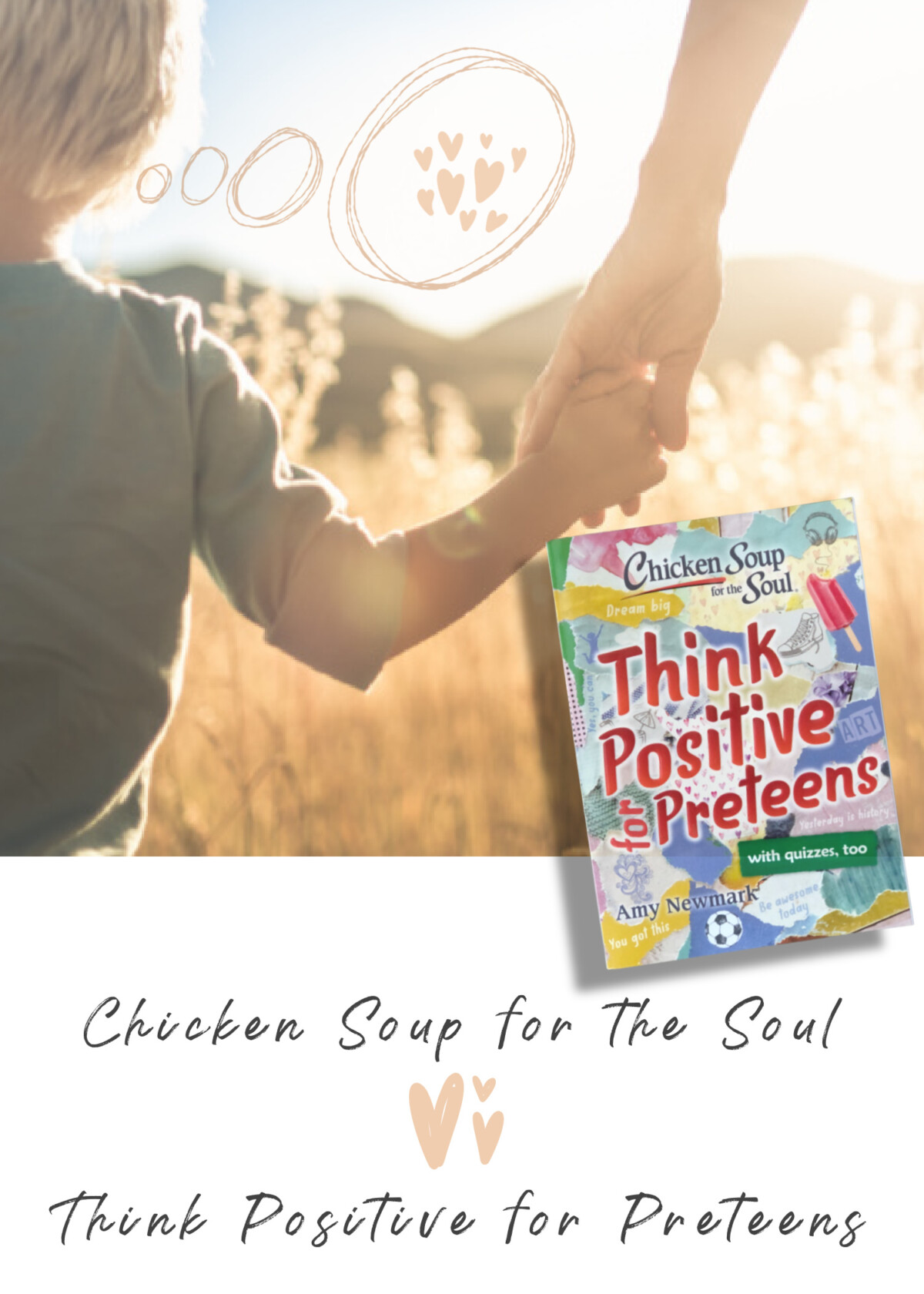This post may contain affiliate links. Please read our disclosure policy.
Gratitude is one of the most important values that we will teach our children, yet teaching kids to be grateful can be tough when we live in a day & age where kids have so much.

Why is Gratitude for Kids so important?
Studies have proven that when we have an attitude of gratitude, we are healthier & happier all around. Gratitude is associated with many qualities.
- decreased stress & lower levels of the stress hormone
- less depression
- Better impulse control
- increased happiness
- increased positivity
- better physical health
- lower blood pressure
- stronger immune system
- healthier & stronger relationships
- more empathic towards others
- better quality of sleep
How Can We Teach Gratitude for Kids?
Teaching our children to be grateful is important and it is worth investing the time into teaching this character trait. Here are some gratitude activities for kids to help children learn to express gratitude.
- Make a gratitude tree by grabbing some small branches from outside and putting them into a vase. Next, cut small leaves from construction paper. Using a hole puncher, put a hole into each leaf & put a piece of string through it (so you can hang it on the tree) Give each family member a few leaves & have them write what they are thankful for on the leaves. Hang them on the tree.
- Spend time talking about what gratitude looks like for your family and for the greater good. You’ll find that your child is more than willing to share examples of times when they were grateful. Talk about why it is important to feel grateful. This is a great time to explain the difference between a fixed mindset and a growth mindset.
- Make a gratitude jar. Every day, each family member adds a gratitude card (a small sheet of paper or index card with something they are grateful for written on it). Family gratitude will be on display in the jar.
- Practice gratitude daily. When we show gratitude and set the example that our daily actions include a ‘gratitude attitude,’ our children will be more likely to follow and do the same. This is proven by multiple studies.
- Write in a gratitude journal.
- Read stories that teach Positive Thinking and kindness.

As you saw in yesterday’s post, I shared a new book called, from our sponsor, called Chicken Soup for the Soul: Think Positive for Preteens! This book provides tips for today’s preteens on issues such as making true friends, doing the right thing, facing challenges, and being grateful.
Today, I’m sharing an excerpt from the book…
The Boy Who Had Everything.
The following excerpt from the book, Chicken Soup for the Soul: Think Positive for Preteens, was submitted by Jackson Jarvis.
“Gratitude is an art of painting an adversity into a lovely picture.”
“When I was a baby, my parents gave me anything I wanted. We would walk into a store, and anything that I wanted was mine; all I had to do was to ask. I would play with a toy for a while, get bored, and ask my parents for a new toy. Then my dad died when I was 2 1/2, and I got even more stuff as my mom, friends, and family gave me more and more stuff to try to make me feel better. My mom continued to treat me to whatever I wanted until I was seven and my world crashed.
That was when the real estate market crashed. My mom had thought buying houses was a good idea as a way to invest her money to take care of us. After the crash, I went from the kid who got an iPod when his tooth fell out and who had the coolest house to hang out at, to literally having nowhere to stay.
My mom’s best friend, my Auntie Lauren, took us in until my mom could figure out what to do.
After the real estate crash, when I would ask for a new toy or bike, or even to see a movie my mom would say “maybe for your birthday” or “I’m sorry honey but we really can’t afford that right now.”
I didn’t know it then but my mom had grown up in a family where money was never a problem, so this change was as big for her as it was for me.
My constant requests for toys and video games were not helping my mom, who was already a widow, deal with her feelings about our new crisis- or financial situation. But I wasn’t used to hearing “no.” So, for a year or two, I kept asking.
Then something happened that would change my way of thinking forever. My mom had been working really hard all year, just to pay for the necessities, like our water and power bills.
When she asked me what I wanted for my birthday I said that I wanted a new video gaming system. I didn’t know that it was expensive. All I knew was that my friends had them and that I wanted one, too.
On my birthday, I started opening presents, believing that I would get what I asked for. As I opened the last gift, I found two or three T-shirts and a pair of jeans. When my mom asked me what I thought, I said I loved them, but she could tell how disappointed I was and she started crying.
I hugged her harder than I had ever hugged anyone before. I realized how hard she was working and that she couldn’t afford to give me anything I didn’t need and that most of the money that my mom made went to paying for rent and food.
From then on I didn’t expect to get everything that I asked for. When I did I was so excited and grateful. I think I learned the difference between what I wanted and what I needed.
I learn to appreciate the toys or games I did have and took good care of them.
When I wanted a new iPod, I had to work to buy it. I got a job folding clothes at our local laundromat and after working there for just over a month, every day after school, I had enough saved up to buy that iPod.
The feeling of having truly earned something was one of the best feelings in the world. I am also lucky to have wonderful people in my life. They have made me appreciate that it doesn’t matter what I have or don’t have. What matters more is who I am, and who I get to spend time with.
It may have been hard going through the experience, but I was able to learn some really important lessons. Now I am grateful for everything I have and I understand the feeling you get from working to earn something for yourself. People used to think that I was spoiled because I always had everything and didn’t understand how fortunate I was.”
He ends the story by saying that he heard his godfather tell his mother that Ty never asks for anything, but he is always grateful when he receives something. His last line, “I guess I really have changed,” sums it up.














